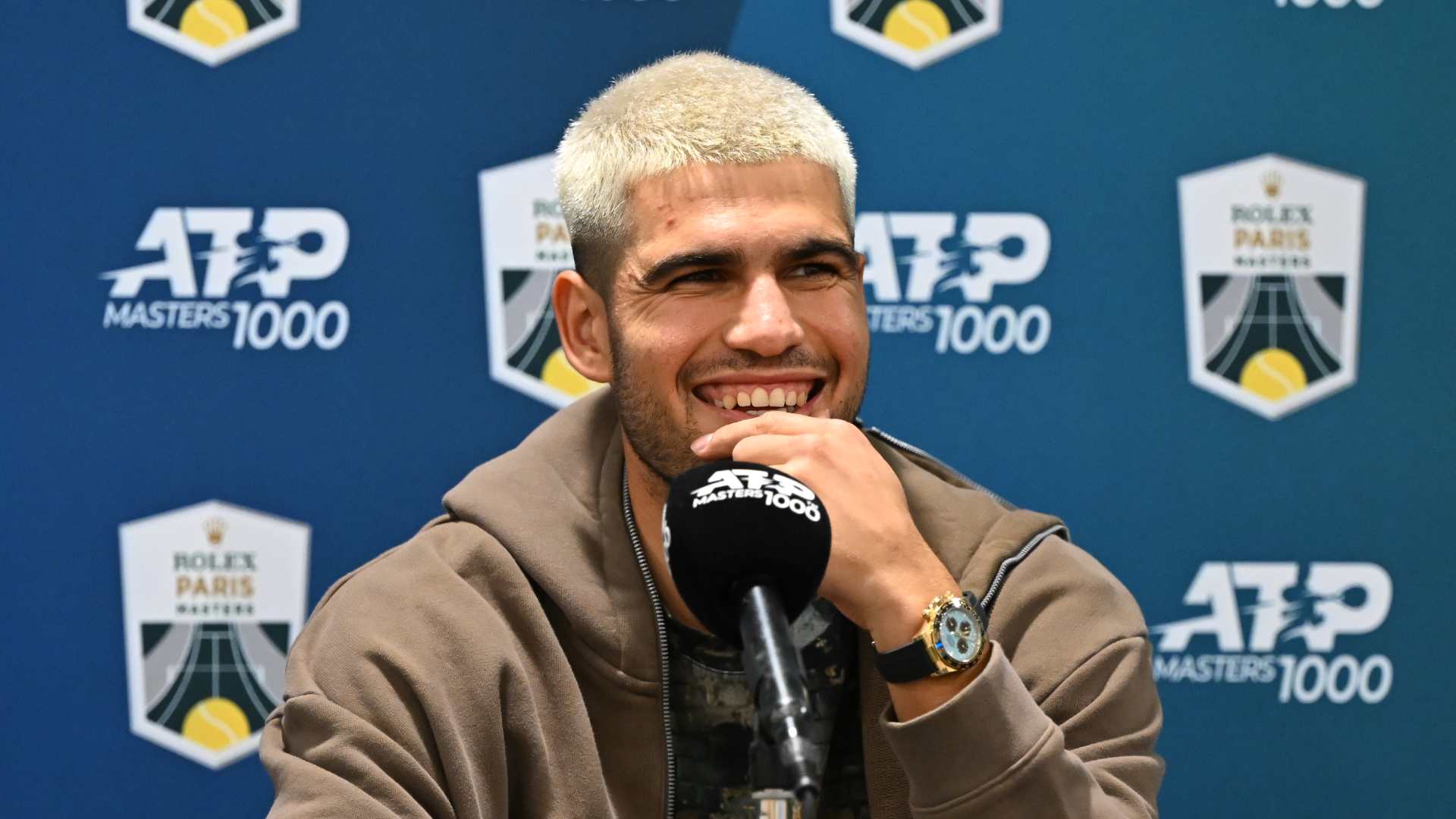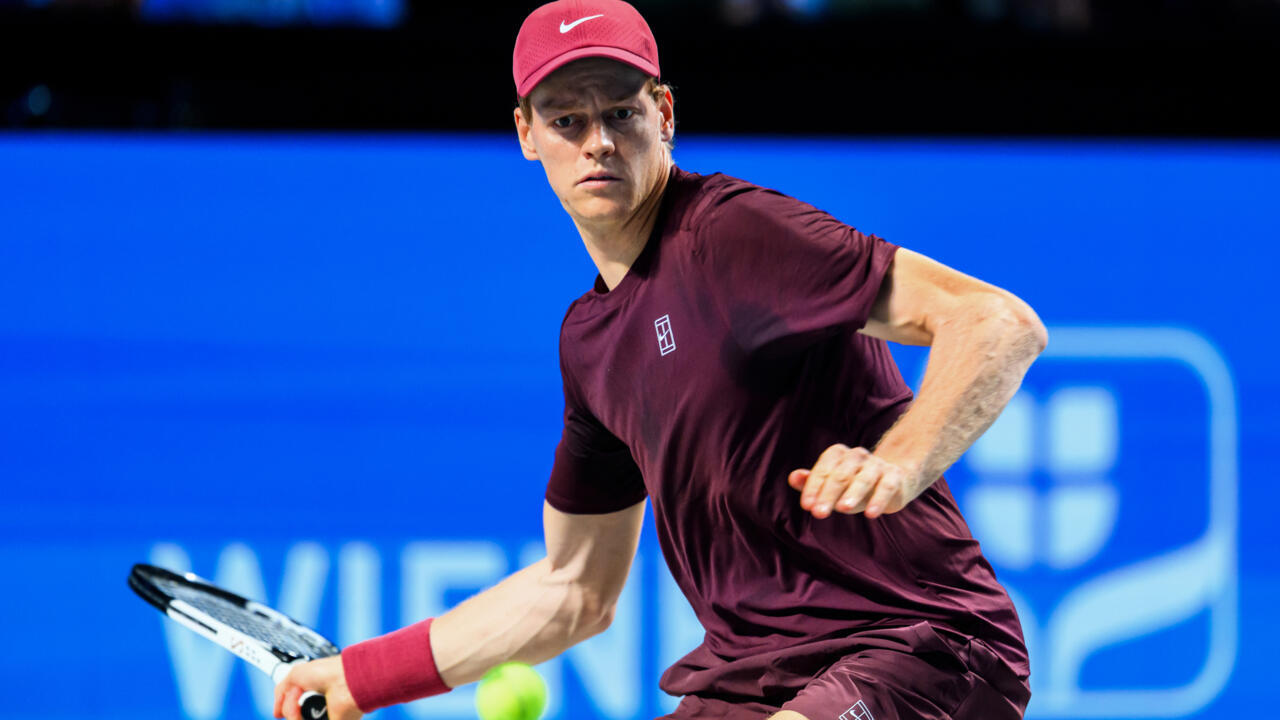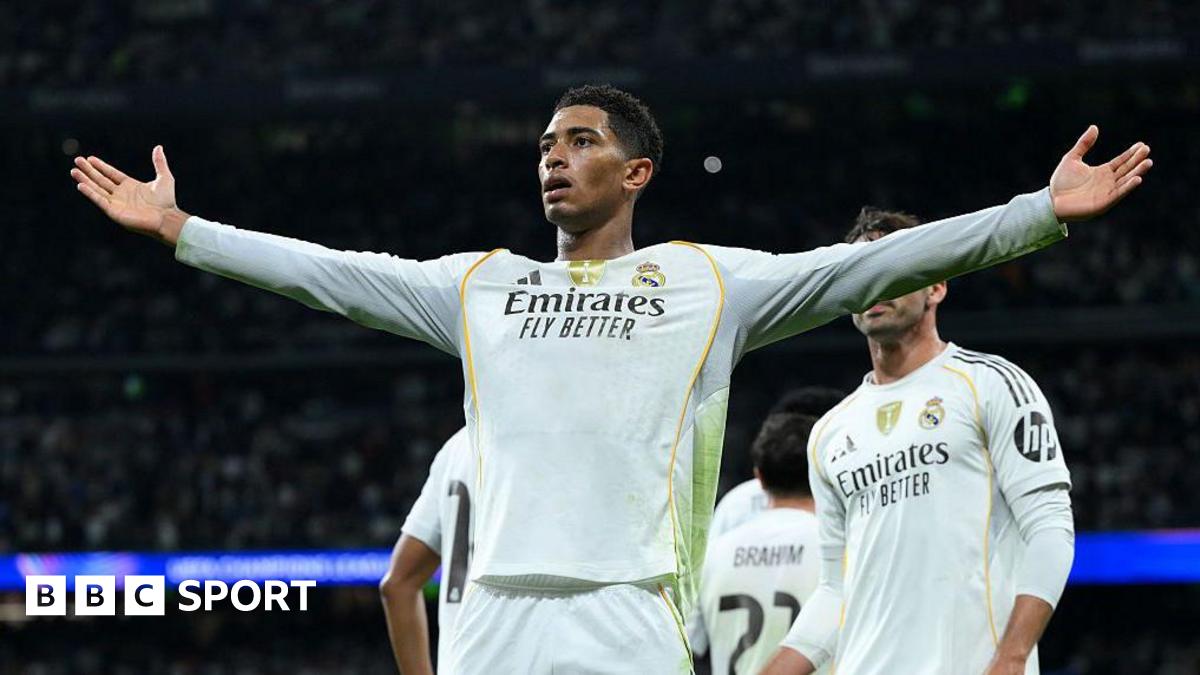The Olympic Charter is clear: all means all

Earlier this month, the president of the European Weightlifting Federation, Astrit Hasani of Kosovo, published an open letter to Coventry that said the IOC should do away with the “neutral” status for athletes from Russia (and Belarus — hereafter in this story, simply Russia).“Lifting these restrictions would not be a political act,” Hasani said. “It would be an affirmation of the Olympic values we all stand for.”He also said, “It would send a strong message that sport is above politics and will not be divided by the conflicts of the world but will remain a powerful force that brings the world together.”All means all — regardless of political leadership in one country or another.In this regard, the IOC has shown it can do what it wants when it wants. Key point: when it wants.In 2023, the Ukrainian fencer Olga Kharlan was disqualified from a key ranking event after she refused to shake hands with a Russian she had beaten. Bach, himself a gold medal-winning fencer, in 1976, declared the IOC would make a “unique exception” by giving her a space at the Paris Games. There, she won two medals, team gold and individual bronze.This is the means by which these federations can make “extra places” for the Russians — as they should.—Consider, too, the International Paralympic Committee, which voted at its general assembly a few weeks ago to reinstate the Russians.The challenge is that each international sports federation has so far been allowed to decide for itself whether the Russians are in or out. That leads to an example of the circular logic not infrequently on display, per IPC president Andrew Parsons:Obviously the Russians, by and large, could not take part in the qualification events for the Winter Games. Those quals are almost at an end. Thus the Russians can’t be in Italy.Unity? Diversity? Not even. Just a patchwork of rules that defy not only the Olympic Charter but common sense and inevitably undercut credibility, legitimacy and — this is most important — the relevancy of the Olympics (and by extension Paralympics) in the wider world in which the movement hopes to make a difference.The IOC, at least for PR purposes, is clear about its mission. As it declares in a brand statement published anew this past January, “Our vision is to build a better world through sport. To inspire, by being the best that we can be. The best of what we can achieve. Together.”The “together” part is so essential that, four years ago, during Bach’s presidency, that word was added to the IOC motto: faster, higher, stronger — together.You can’t be “together” if not everyone is at the party. All means all.—At the swim world championships this summer, “neutral” Russians were back in the water.The judo federation has since 2023 allowed “neutral” Russians.All the same, the ski and snowboard federation decided Tuesday — the talk is Norway and Sweden were threatening Winter Games boycott — to keep upholding a ban on Russian athletes.In an opinion published earlier this week, the bobsled and skeleton federation’s appeals tribunal recently decided that a Russia ban can apply only to those athletes who do not meet the “neutral” requirements the IOC has set out for Milano-Cortina.It’s unclear how that might stand in light of an opinion published earlier this week from the Swiss-based Court of Arbitration for Sport, in a decision linked to a 2022 European table tennis event.The CAS panel said keeping the Russians out is “discriminatory,” and thus not appropriate.It added, “The ban on participation by athletes in their sport is not only severe but likely the most severe means available to a sports governing body.”Generalized security considerations are not enough, the panel said. Instead, any such decision must be “necessary, reasonable and proportionate.”Upshot: you cannot ban the Russians, but you can make them compete without symbols, flags, anthems.“The Olympic Games is not a competition of the countries,” Yury Zaitsev, one of the winning lawyers, said in a telephone interview, adding, “It’s a competition of athletes, not countries.”—On Wednesday, a few days after the Indonesians barred Israeli athletes from the gymnastics championships, the IOC put out a statement that recommended no international sports events be held in the Southeast Asian country, the world’s most populous Muslim nation.Indonesian authorities, who hosted the 2018 Asian Games in Jakarta, had set their sights on the 2036 Olympics. The IOC said Wednesday it would no longer discuss hosting future Games with the Indonesians.The IOC said of barring the Israelis, “These actions deprive athletes of their right to compete peacefully and prevent the Olympic movement from showing the power of sport.”There is an argument that the IOC, in moving quickly, its policy-making executive board meeting earlier in the week by video call, acted in a proportionate and measured way that might be called decisive.There is also an argument the IOC didn’t go anywhere near far enough.The IOC said it would invite the national Olympic committee of Indonesia and the gymnastics federation, called FIG, to Lausanne “to discuss the situation.”When? This next week will see what’s called the IF Forum in Lausanne — a get-together of all the international sports federations. Coventry is on tap to speak there.It’s vital to note that the “situation” changed in subtle but important ways as the spotlight fell on Jakarta.The championships began Oct. 19. On the 9th, the Indonesian minister for law and immigration said there would be no visas for the Israelis, citing, as the news agency Antara reported, “unwavering support” for Palestine.He also said it reflected the “government’s prudence in responding to pressure from various religious organizations, regional governments and political parties.”This past Wednesday, the 22nd, so two weeks later, Erick Thohir, who is both IOC member and Indonesia’s sports minister, posted a lengthy statement to X/Twitter that said the move to ban the Israelis was based on the Indonesian constitution, which “respects security and public order,” as well as the “obligation of the Indonesian government to uphold world order.”Note who is not on the Lausanne invite list: Thohir.This needs to be fixed — and his “situation” reviewed with an eye toward sanction if not suspension.Thohir is close enough to the Indonesian president Prabowo Subianto that Subianto attended the recent wedding of Thohir’s son, and it would seem obvious that Thohir is positioning himself, when the time comes, for higher office.This is 100% the danger in citing — without articulated, specific concerns — “security and public order,” particularly when it comes to the Israelis, who since 1972 in Munich are beyond aware of these matters.It’s also the case that action against the Israelis because of “security and public order” is the slipperiest of slopes. See the decision, also in recent days, to ban fans of the Israeli soccer team, Maccabi Tel Aviv, from a November Europa League match in Britain, against Aston Villa.As a British Jewish soccer fans’ support group declared in a post to X, “Banning Israeli supporters under the vague pretext of ‘safety’ is not protection — it’s discrimination. It sends a chilling message: that threats of violence are rewarded, and Jewish or Israeli visibility is a problem to be managed, not a right to be defended.“Sport should be a space of equality, dignity and inclusion. This decision does the opposite. It singles out Israeli fans in a way that would be unthinkable for any other minority group and sets a dangerous precedent for future events.”These words can and should apply to the gymnastics championships.Those championships were not canceled. They should have been.The IOC did not announce it is cutting development funding, run through a program called Solidarity, to Indonesia. It should do that.—Further, the IOC should exert maximum leverage against the other party at fault, FIG.FIG may well find itself in another jam in just a couple weeks. The 2025 trampoline worlds are set for Pamplona, Spain, in early November. Spain was rocked in September by massive pro-Palestinian protests that disrupted the end of the Spanish Vuelta cycling race. The Spanish prime minister, Pedro Sanchez, expressed “admiration for the Spanish people who are mobilizing for just causes like Palestine.”The FIG host city contract makes plain that all athletes must be issued visas. If not, the event is to be canceled.It was entirely foreseeable that Indonesia, the world’s most populous Muslim-majority nation, would do exactly what it did — ban the Israelis.Two years ago, Indonesia was stripped of hosting rights for soccer’s under-20 Cup and, too, the Association of National Olympic Committee’s Beach Games, in Bali. Why? Israel.The IOC’s key point of leverage with any federation is money. FIG, because it has not produced a significant marketing program, is heavily dependent on IOC-supplied television revenues. Without those funds, FIG likely would be all but out of business.The IOC should withhold that revenue.—With the federations, the IOC can do what it wants with its money when it wants.Consider the federation that used to run Olympic boxing, which used to be called AIBA, then IBA, the International Boxing Association. Same entity. Just different names at different points in time.In 2005, the IOC froze about $9 million due AIBA, citing concerns over ringside judging and the federation’s management.In December 2017, the IOC again suspended its financial contribution to IBA over what it called governance and finance matters.The IOC was emphatic in Wednesday’s statement that what has happened in Indonesia is not just wrong but strikes at the core of everything the Olympic movement is supposed to be about:The IOC’s “principled position,” it said, is clear: “all eligible athletes, teams and sports officials must be able to take part in international sports competitions and events without any form of discrimination by the host country, in accordance with the Olympic Charter and the fundamental principles of non-discrimination, autonomy and political neutrality that govern the Olympic Movement.”Without action that backs this up, that ensures everyone respects the same rules and one another, all meaning all — together — these are just empty words.












